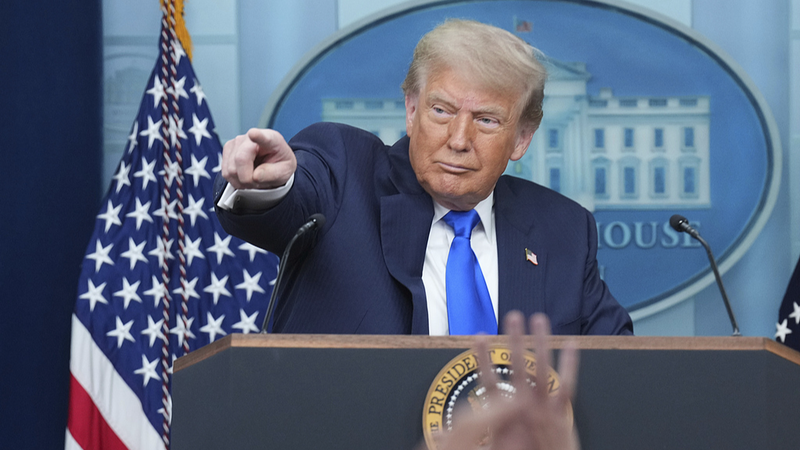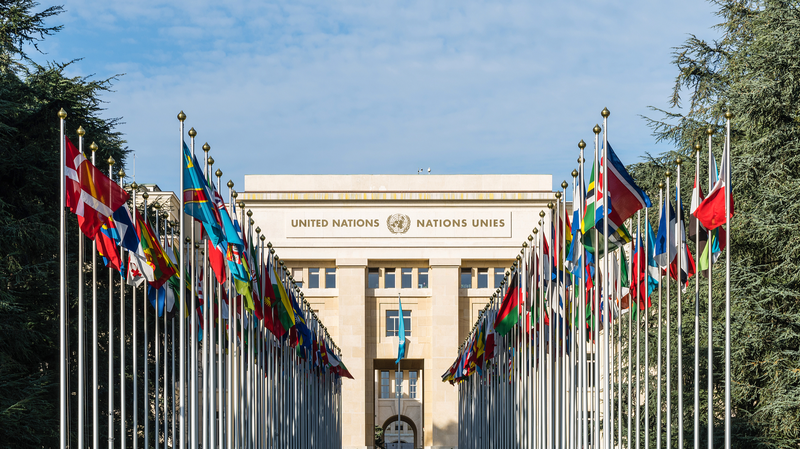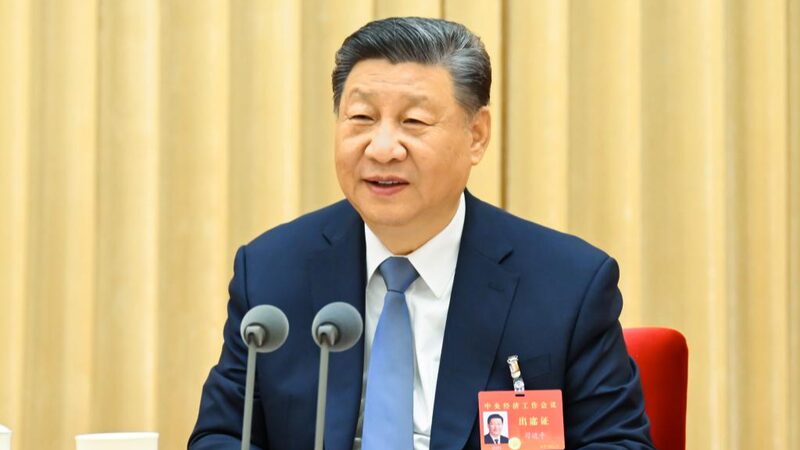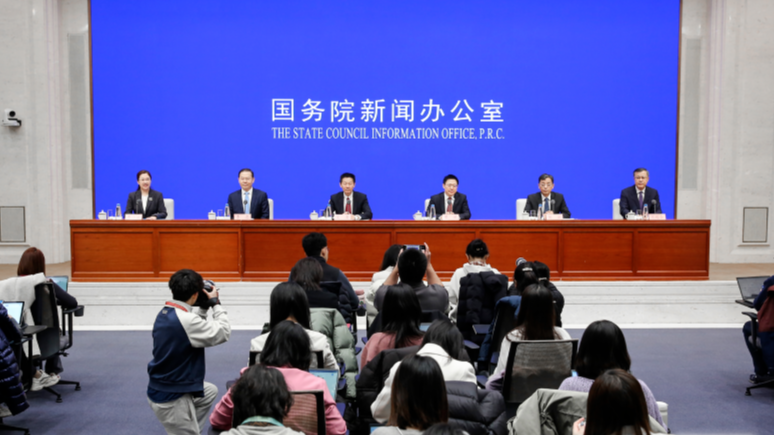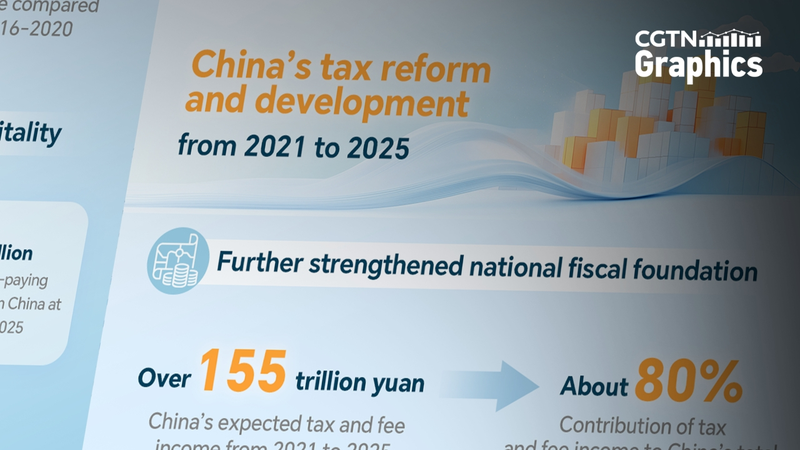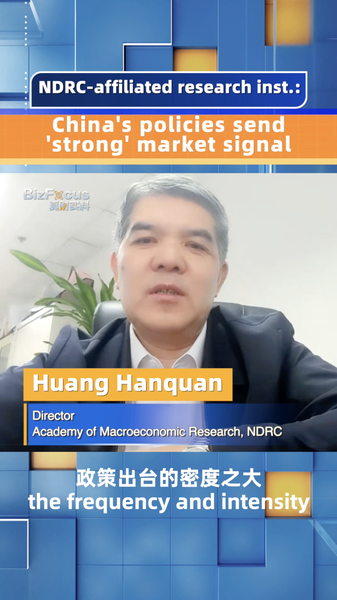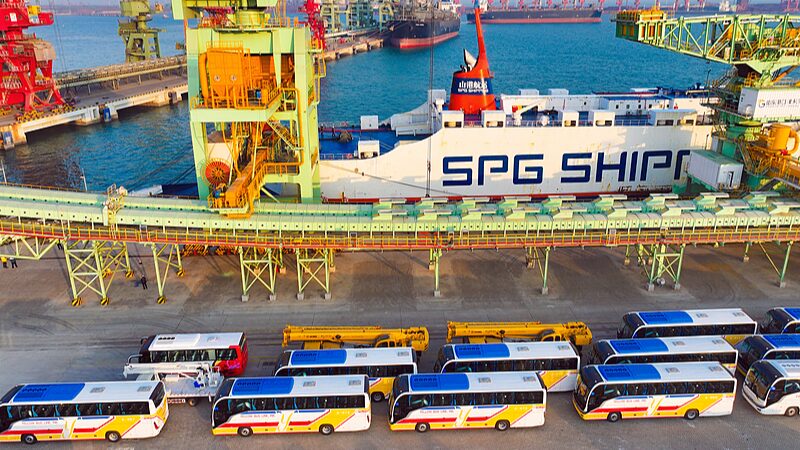Debates over tax policies favoring high-income earners have intensified globally, with analysts scrutinizing their long-term economic and social impacts. A recent analysis by Xue Tianhang, associate researcher at Zhejiang University's Research Center for Regional Coordinated Development, highlights how such measures could reshape fiscal dynamics in Asia and beyond.
Xue argues that while proponents claim tax reductions for top earners stimulate investment and job creation, critics warn they may exacerbate wealth inequality. "The redistribution of fiscal burdens often falls disproportionately on middle-income groups," he notes, pointing to case studies from the Chinese mainland and other Asian economies.
For business professionals, the implications are significant: tax policy shifts could influence cross-border investment patterns and market stability. Academics emphasize the need for data-driven models to assess how these measures affect regional development goals. Meanwhile, diaspora communities watch closely, as fiscal changes in their home countries may impact remittance flows and economic ties.
As governments balance growth with equity, Xue suggests policymakers consider hybrid approaches—combining targeted tax relief with strengthened social safety nets. The discussion remains particularly relevant for Asia, where rapid economic transformation continues to test traditional fiscal frameworks.
Reference(s):
cgtn.com
